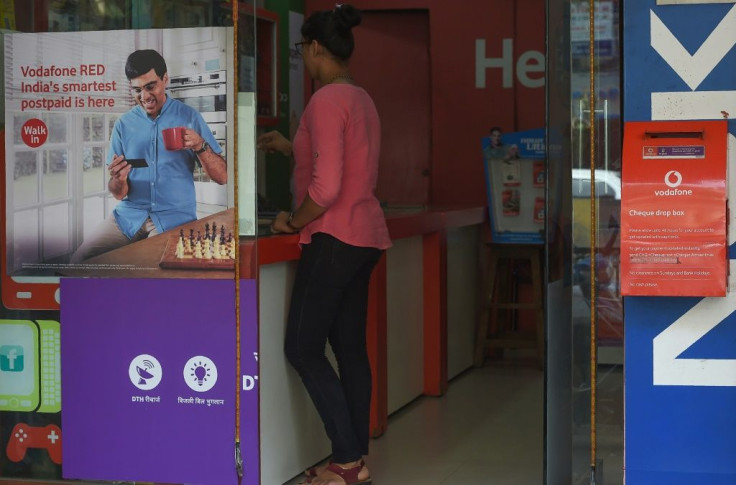Share Roller-coaster For India Telecom Rivals Ends On A High

Shares in Indian telecom giants Vodafone Idea and Bharti Airtel went through wild swings on Friday after they reported huge losses, but closed with significant gains.
Vodafone Idea reported a net loss late Thursday of 509 billion rupees ($7.1 billion) for July-September -- the biggest quarterly loss in Indian corporate history -- after it factored in a $4 billion levy imposed by Indian authorities.
The Supreme Court last month ordered Indian telecom firms to pay a combined 920 billion rupees in spectrum and licensing fees -- a ruling that hit Vodafone Idea the hardest.
The company's shares plunged more than 10 percent at the open on Friday and then recovered handsomely. It ended the day nearly 25 percent above its Thursday close price on hopes that the Indian government would step in to help the ailing firm.
Vodafone Idea and Bharti Airtel, another major operator told to pay $3 billion, have warned that the ruling will exacerbate the beleaguered telecom sector's financial woes.
Bharti Airtel announced quarterly losses of 230 billion rupees on Thursday. Its share price rose and fell, but ended eight percent higher.
On Tuesday, the Vodafone parent company, based in Britain, reported a net global loss of more than $2.7 billion for the first half of the financial year, with chief executive Nick Read saying it faced a crisis in India.
The telecom giant announced that it would not invest more equity in India since the South Asian market contributed zero to its global share valuations.
The company has sought relief from the New Delhi government over the charges on its loss-making and indebted joint venture with local firm Idea, asking for a two-year moratorium on spectrum payments and a reduction in licensing fees.
"Our ability to continue as a going concern (in India) is dependent on obtaining reliefs from the government," Vodafone Idea said in a statement late Thursday.
Commenting on the earnings, Motilal Oswal Institutional Equities said Bharti Airtel "has operationally outperformed our expectation consistently over the last four quarters, maintaining its 4G subscriber base and also revenue market share".
It said the "strong growth potential" could overcome the "regulatory pressures".
Both firms have struggled since India's richest man Mukesh Ambani launched Reliance Jio in 2016. The new mobile operator has offered dirt-cheap internet and free calls.
The move prompted major consolidation, price wars, and losses with some players facing withdrawal or liquidation.
Since entering India with a 67 percent stake in Hutchison Essar in 2007, Vodafone has faced multiple regulatory issues over taxation.
The Supreme Court row centred on how licence and other fees paid to the government should be calculated.
The companies had argued they should be based only on income from their telecom business. The court said fees must be based on revenue from all business dealings, including handset sales and other income.
The only beneficiary of the verdict was Reliance Jio, which escaped with a relatively light $1.8 billion in fees to be paid.
© Copyright AFP {{Year}}. All rights reserved.





















